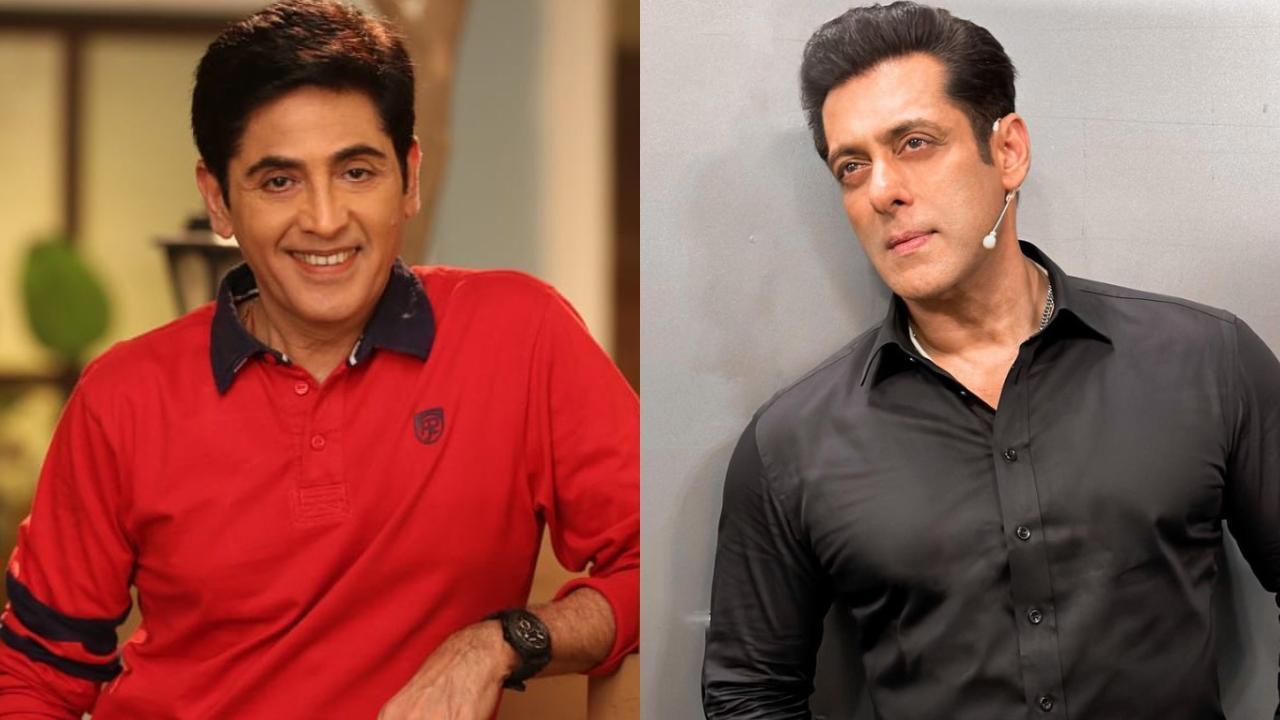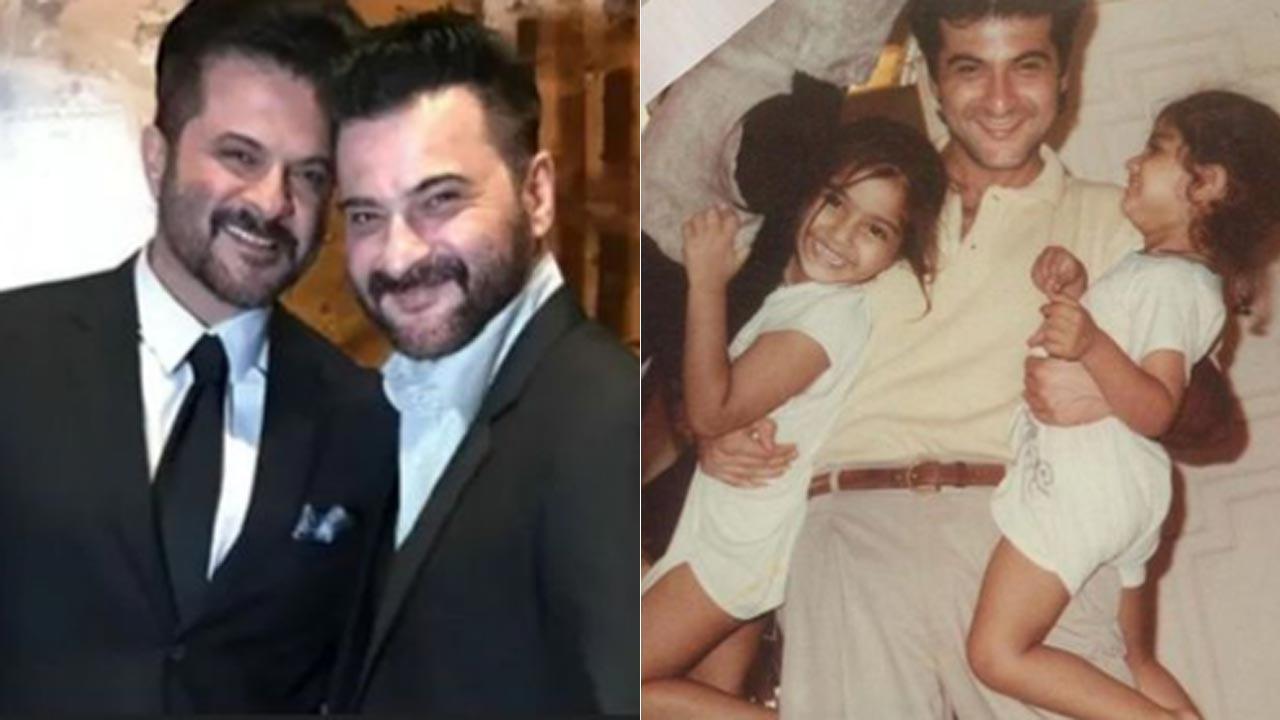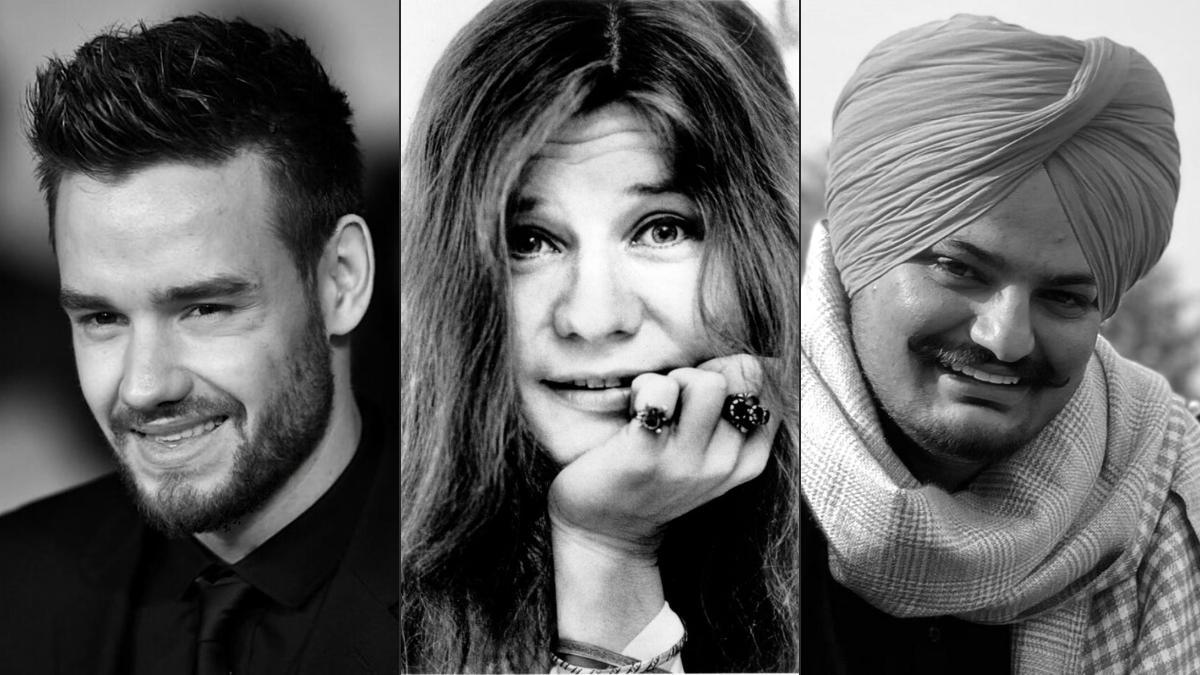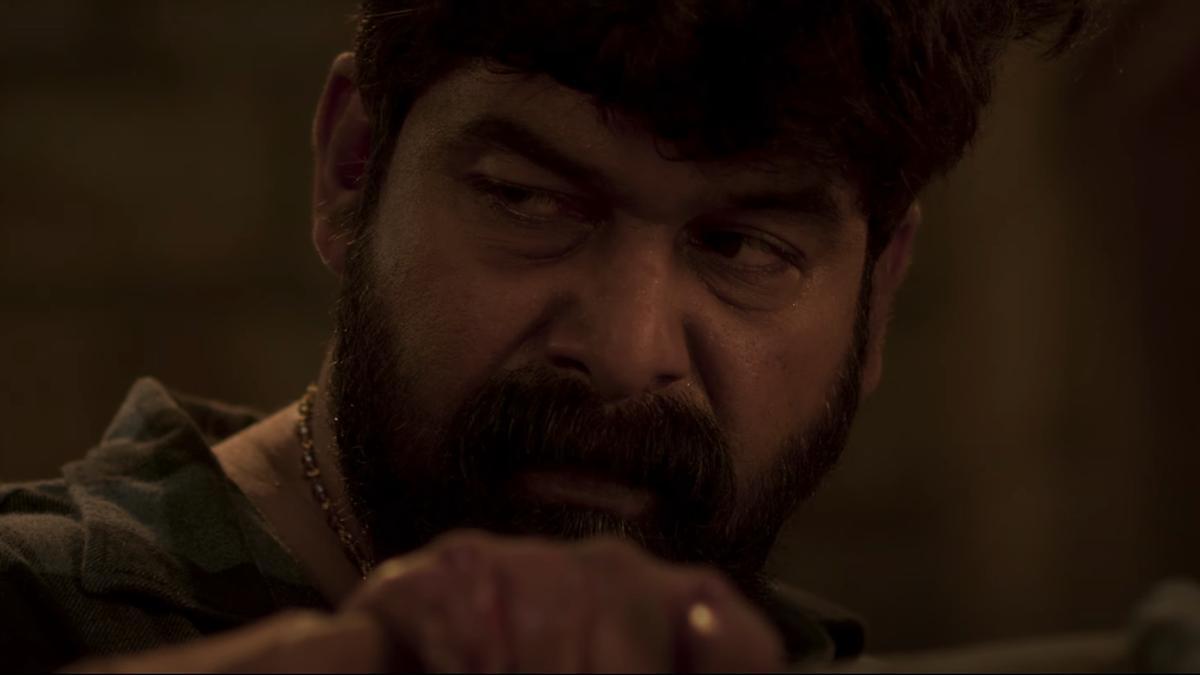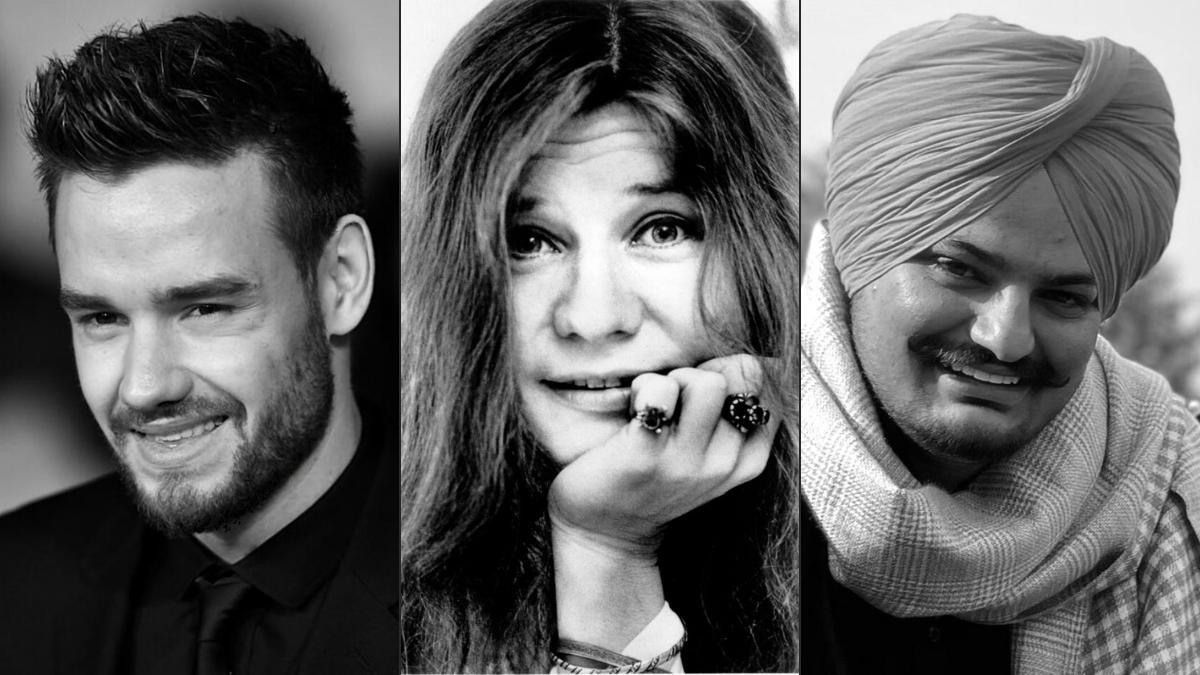
The unexpected death of Liam Payne at the tender age of 31 has left the music world reeling and reignited a haunting discussion about the pressures and pitfalls faced by young artists in the industry today. Payne, who rose to international stardom as a core member of the globally celebrated boy band One Direction, was pronounced dead following a tragic fall from a hotel balcony in Buenos Aires, Argentina. This incident not only marks a heart-wrenching loss for his legions of fans but also adds another name to the somber roll call of musicians whose lives were cut short at their professional peaks.
Payne’s life was once the epitome of success and adoration. As one of the leading figures of One Direction, he captivated millions with his talent and charm, a central figure in a group often lauded as one of the most successful boy bands in history. Yet, like many who find themselves thrust into the blinding spotlight of fame, Payne’s journey was not devoid of struggles. Despite maintaining an active solo career in recent years and embarking on new musical ventures, his untimely demise has cast a long shadow over his accomplished yet turbulent journey in the music industry.
The legacy of the ’27 Club’ — a grim fraternity of music legends like Jimi Hendrix, Janis Joplin, Kurt Cobain, and Amy Winehouse, who died at the age of 27 — looms large when considering musicians like Payne. Although he was four years past this infamous age, the parallels drawn are chilling and seem to echo a potent warning about the fragility of life under the harsh glare of fame. Payne’s demise, however, carries with it an additional layer of poignancy given his role in shaping a generation’s musical landscape with One Direction’s infectious hits.
For many fans, Payne’s voice was not just a sound, but an intrinsic part of their youth. Those growing up in the early 2010s would remember the excitement and joy One Direction’s music brought — a beacon of adolescence, brimming with promise and potential.
. Payne, alongside his bandmates Harry Styles, Zayn Malik, Louis Tomlinson, and Niall Horan, sold out stadiums worldwide, broke numerous records, and became cultural icons etched into the hearts of millions. His passing, therefore, feels like the end of an era, marking a profound sense of personal loss for those who followed his career from its inception on The X Factor.
Yet, Payne’s story is more than just one of fame and fortune; it is a mirror reflecting the deeper, darker side of the music industry. The pressures of maintaining public personas, the relentless tours, the social media scrutiny, and the expectation to constantly produce chart-topping hits can take a toll on even the most resilient individuals. Payne’s struggles, which he openly discussed in interviews, remind us how essential mental health support is for artists managing fame’s immense pressures.
Moreover, his death calls for a critical examination of how society and the industry can better protect artists. Conversations around ensuring musicians receive comprehensive mental health care and support, combating substance abuse, and fostering environments where speaking about personal challenges is encouraged rather than stigmatized, are more urgent than ever. Payne’s tragic end might serve as a catalyst for much-needed change to prevent further losses in the music community.
In remembering Liam Payne, it is vital to celebrate both his artistic achievements and the joy he brought into the lives of many while also acknowledging the broader issues at play within the industry. His legacy, captured in the music that will continue to resonate with fans worldwide, stands as a testament to his talent and the indelible mark he left on popular culture.
As the music world mourns another talent lost too soon, it becomes increasingly imperative that we address the underlying issues contributing to such tragedies, turning grief into action for those who continue to navigate the complex realities of fame. The time has come to move from mourning to building robust support systems that will ensure future artists thrive not just professionally, but personally as well.



